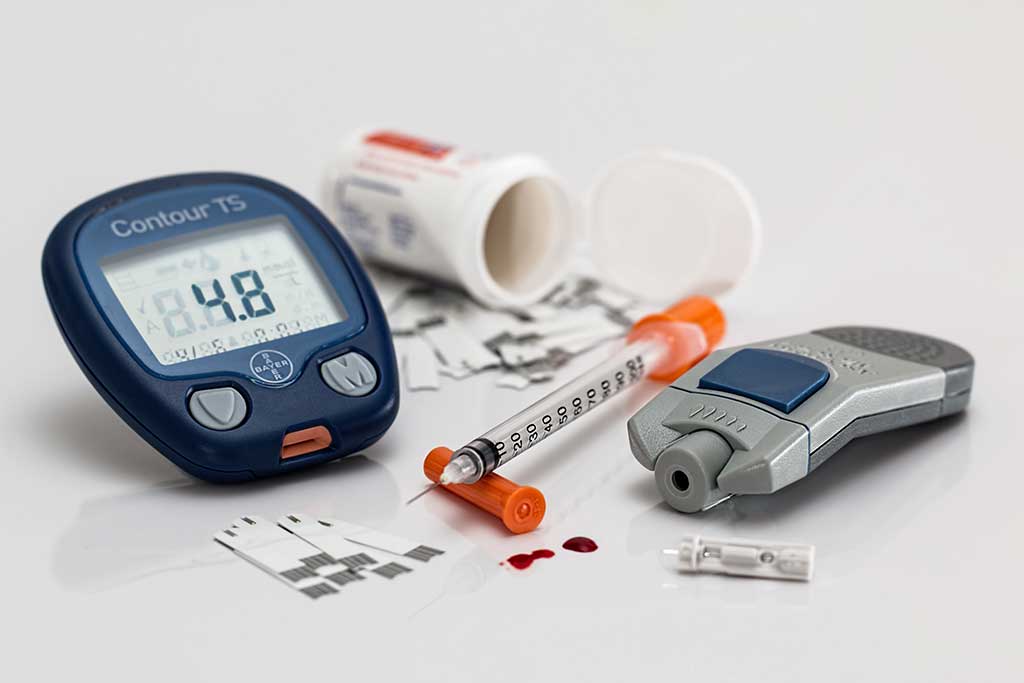Failings in diabetes care 'cost thousands of lives'
Diabetes
'Diabetes care depressingly poor, say MPs' is the headline on the BBC News website. This is the damning verdict of a select committee report into standards of diabetes care in the NHS…
"Diabetes care depressingly poor, say MPs," is the headline on the BBC News website. This is the damning verdict of a parliamentary report into standards of diabetes care in the NHS. The Public Accounts Committee reported that (in the words of the Daily Mail), “24,000 with diabetes ‘are dying needlessly’”.
The report was published by the Public Accounts Committee (PAC) – an influential group of MPs who have been given an oversight role to help ensure that taxpayers get value for money.
Based on official figures and spoken and written evidence from independent diabetes experts and officials, the PAC has set out recommendations for improved diabetes care in the NHS.
The report indicates that the NHS spent an estimated £3.9 billion on diabetes services in 2009/10. However, 80% of the costs are estimated to come from the management and treatment of avoidable diabetes-related complications, such as kidney disease and foot ulcers.
The report highlights that the number of people with diagnosed and undiagnosed diabetes is 3.1 million, set to rise to 3.8 million by 2020. This projected increase is likely to have a significant impact on NHS resources, the committee says.
The report accepts that there is consensus about what needs to be done for people with diabetes. However, progress in actually delivering the recommended standards and achieving treatment targets has been ‘depressingly poor’, it says.
Who produced the report?
The report, ‘Department of Health: The management of adult diabetes services in the NHS’ has been published by the PAC.
The PAC is made up of MPs appointed by the House of Commons, and is responsible for overseeing government expenditures to ensure transparency, value for money, and accountability in government financial operations.
What are the main findings?
The main findings of the report are:
- an estimated 80% of the costs of diabetes come from the management and treatment of avoidable diabetes-related complications (such as diabetic eye disease and kidney disease)
- the Department of Health estimates that up to 24,000 people with diabetes are dying each year from causes that could be avoided through better management of their condition
- only half of people with diabetes receive all the basic tests to monitor their condition, and failure to carry out these simple checks heightens the risk of developing complications
- less than one in five people with diabetes have achieved the recommended levels for blood glucose, blood pressure and cholesterol
- despite the Department of Health improving information on diabetes, this information is not being used effectively to assess and improve the quality of care
- many people with diabetes develop avoidable complications because they are not effectively supported to manage their condition and do not always receive care from appropriately trained professionals across primary and secondary care
- the projected increase in the diabetic population could have a significant impact on NHS resources
The report states that the reasons these problems have arisen include:
- the fact there is no strong national leadership – each Primary Care Trust is largely ‘left to their own devices’ when it comes to how they decide to tackle diabetes
- there are no effective accountability arrangements for commissioners (those in charge of allocating funds to particular services)
- there are no appropriate performance incentives (rewards, usually financial, designed to encourage best practice) for the providers of diabetes care
Committee chair, Margaret Hodge, is quoted as saying ‘variation in the level of progress across the NHS also means that there is an unacceptable “postcode lottery” of care’.
What evidence did the report consider?
This report used evidence from a report on the management of adult diabetes services in the NHS, England, published earlier this year (May 2012) by the National Audit Office.
When writing their report, the PAC also took into consideration written and oral evidence from expert witnesses and officials from the Department of Health regarding the management of adult diabetes services in the NHS in England.
Written evidence was also submitted by organisations such as Diabetes UK, and the Association of British Clinical Diabetologists.
What recommendations does the report make about diabetes care in the NHS?
Based on the conclusions set out in the report, the PAC wants the Department of Health to set out how improvements on diabetes services will be delivered in future. It recommends that:
- the NHS sets out how it will deliver improvements in diabetes care after the NHS structure changes in March 2013
- the NHS aims to achieve universal coverage of basic tests for people with diabetes so they can monitor their condition
- clear expected outcomes are set out for 2014/15 targets for the proportion of people with diabetes achieving recommended blood glucose, blood pressure and cholesterol levels within a specific time
- payment systems effectively incentivise good care and better outcomes for people with diabetes
- information on diabetes is used to hold the NHS to account as well as to ensure the costs of diabetes are fully captured and understood
- people with diabetes receive, as a right, multi-disciplinary care from appropriately trained staff, as well as education and support for them to manage their own condition
What can I do if I am concerned about my diabetes?
Management of diabetes aims to keep blood glucose levels as normal as possible to try to control symptoms and prevent associated complications developing.
Such complications can include:
- damage to the large blood vessels causing cardiovascular disease, such as heart attacks and strokes
- damage to the smaller blood vessels in the eyes, which can impair vision (retinopathy)
- damage to the blood vessels that supply the kidneys, resulting in kidney disease
- nerve damage
- foot ulcers
Read more about the complications of diabetes.
Such complications can affect people with both type 1 diabetes (who rely on insulin) and type 2 diabetes (who are commonly managed – at least initially – with diet control and oral diabetes medications).
If you have type 2 diabetes, you will need to look after your health very carefully. Caring for your health will make treating your diabetes easier and will minimise your risk of developing serious complications of diabetes, such as heart disease and retinopathy. The following are all important factors in diabetes care:
- self care – which includes things you can do each day to stay fit and maintain good physical and mental health
- attending regular reviews with your diabetes care team
- maintaining a healthy diet high in fibre, fruit and vegetables, and low in fat, salt and sugar
- exercise regularly, for example, you should aim to do at least 150 minutes of moderate-intensity activity, such as cycling or fast walking, each week
- not smoking
- limiting alcohol intake
If you have been diagnosed with diabetes, your GP will be able to explain your condition to you in detail and help you to try and understand and manage your condition.
Read more about diabetes and living with diabetes.






 Subscribe
Subscribe Ask the doctor
Ask the doctor Rate this article
Rate this article Find products
Find products






